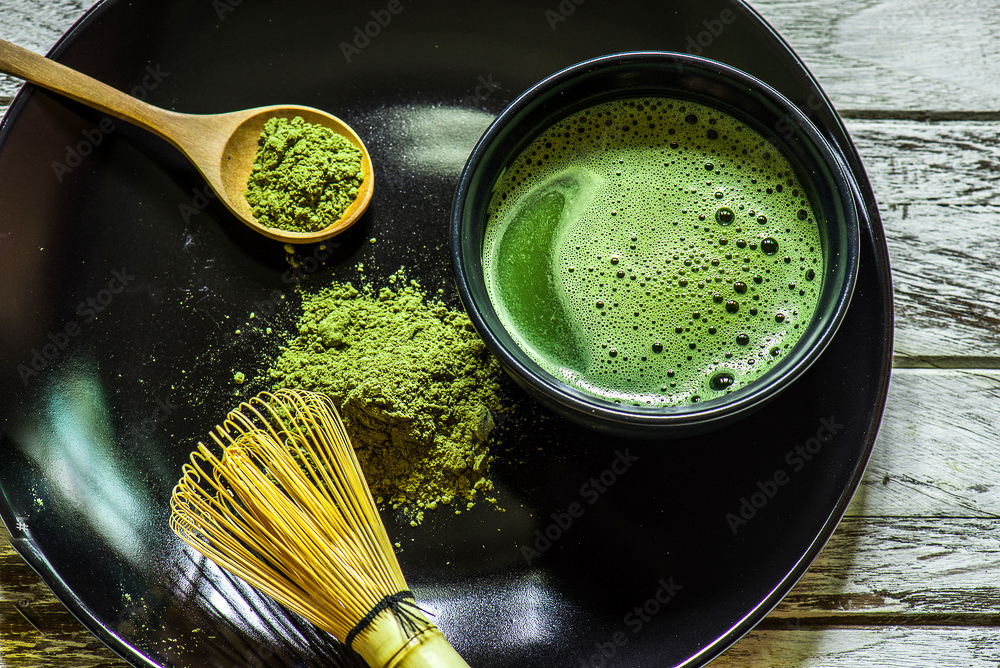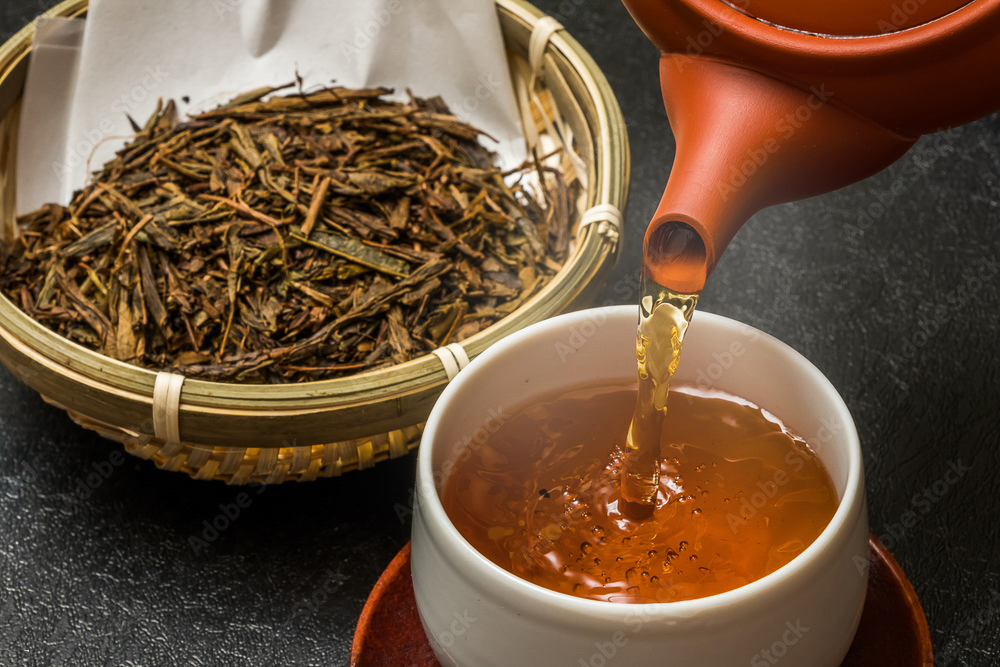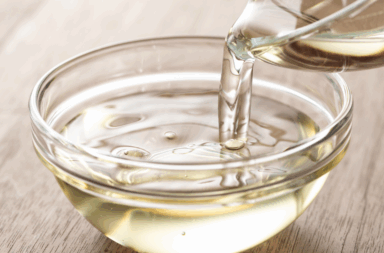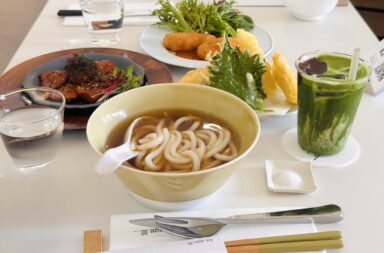This post is also available in: Indonesia
A Journey Through the Flavors and Traditions of Japanese Teas
Japan, renowned for its intricate tea ceremonies and iconic matcha, offers a tea culture that goes beyond its celebrated rituals. With a variety of teas that captivate the senses, Japanese tea is cherished not only for its refreshing taste but also for the visual spectacle it presents.
Let’s embark on a journey through the world of Japanese tea, exploring the teas that grace this enchanting land and understanding why they are cherished worldwide.
Matcha: The Enigmatic Green Elixir
Our journey begins with matcha, an iconic green tea. Inextricably linked with Japanese culture, matcha takes the form of a vivid green powder, revered for its role in traditional tea ceremonies. The taste of matcha is an exquisite balance of slight bitterness, subtle sweetness, and a refreshing finish.
The quality of matcha is discerned by its bitterness level; the finest matcha boasts a sweeter, earthy flavor, and a pronounced umami note. In contrast, lower-grade matcha leans towards bitterness and astringency.

Moreover, premium matcha feels as smooth as a baby powder when touched, a testament to its fine quality. Beyond its delectable taste, matcha is teeming with antioxidants, making it a boon for health-conscious individuals. It’s even rumored to aid weight loss and promote youthful skin.
The Uji region in Kyoto is a hallowed ground for matcha production, boasting a rich history in cultivating this green treasure. Products bearing the label “Uji Matcha” are gems to be cherished.
Ryokucha: A Glimpse into Everyday Green Tea
Ryokucha, translated as “green tea,” offers a glimpse into the daily lives of the Japanese people. Derived from the characters “ryoku” (green) and “cha” (tea), ryokucha showcases the straightforward essence of green tea.
It’s essential to note that both green tea and matcha come from the same tea plant, but they differ in cultivation.

While green tea is exposed to sunlight during its growth, matcha thrives in the shade. This divergence in cultivation affects the tea’s flavor profile, with shade-grown tea boasting heightened theanine levels, responsible for the tea’s sweetness and umami, and less astringency.
Beyond its taste, ryokucha is celebrated for its catechin content, known for its antibacterial properties. This makes it a sought-after choice for those looking to bolster their immune system and ward off common infections.
See Also
Unveiling Hidden Gems: Muslim-Friendly Tea Picking Experiences in Tokyo
Hojicha: A Subtle Symphony of Roasted Notes
Hojicha invites us to explore roasted tea with heightened aromatics. Its unique character arises from roasting tea leaves over intense heat during the drying process. This meticulous roasting results in a tea with a gentle, almost astringency-free taste, as caffeine dissipates in the process.
Hojicha and ryokucha share their origins, but hojicha’s distinct fragrance and warmth make it stand out.

Additionally, hojicha offers the relaxation-inducing amino acid, theanine. This savory and sweet component enhances concentration, reduces stress, improves blood circulation, and alleviates symptoms related to menopause and PMS (premenstrual syndrome).
Koucha: Bridging the Gap Between Nostalgia and Modernity
Koucha, or black tea in Japan, offers a bridge between cultures and eras. In the Japanese language, “kocha” actually means “red tea,” alluding to its reddish-brown hue. It possesses a mellower, less bitter taste compared to black teas from other regions, thanks to Japan’s unique climate and tea cultivars.

While green teas are promptly heated after harvesting to prevent oxidation, black teas are allowed to fully oxidize before drying. This process contributes to kocha’s deep color and removal of vegetal notes, resulting in a smoother, less astringent taste.
Kocha is extensively available in Western-style cafes and restaurants in Japan. Rich in polyphenols, black tea is believed to offer numerous health benefits, including anti-aging properties, immunity enhancement, antibacterial and antiviral effects, and even fat-burning potential.
While it’s crucial to maintain a balanced lifestyle, incorporating black tea into your daily routine may yield positive effects.
Feels the Richness of Japanese Tea
Japanese tea culture is a testament to the depth of tradition and innovation that defines Japan. From matcha’s exquisite ceremonies to hojicha’s comforting allure, these teas reflect not only the country’s flavors but also its heart and soul.
As you prepare for your journey through Japan, make sure to include a tea-tasting expedition on your itinerary. It’s a delightful way to connect with the essence of this remarkable land, one sip at a time.
See dAlso
Unique Halal Experiences in Japan: From Onsen Retreats to Tea Ceremonies


